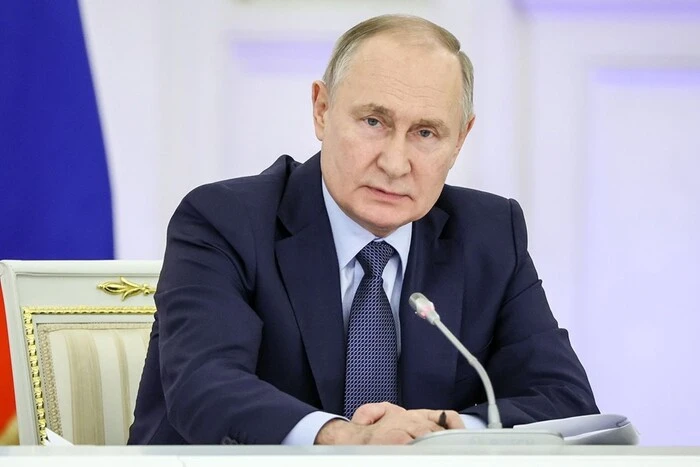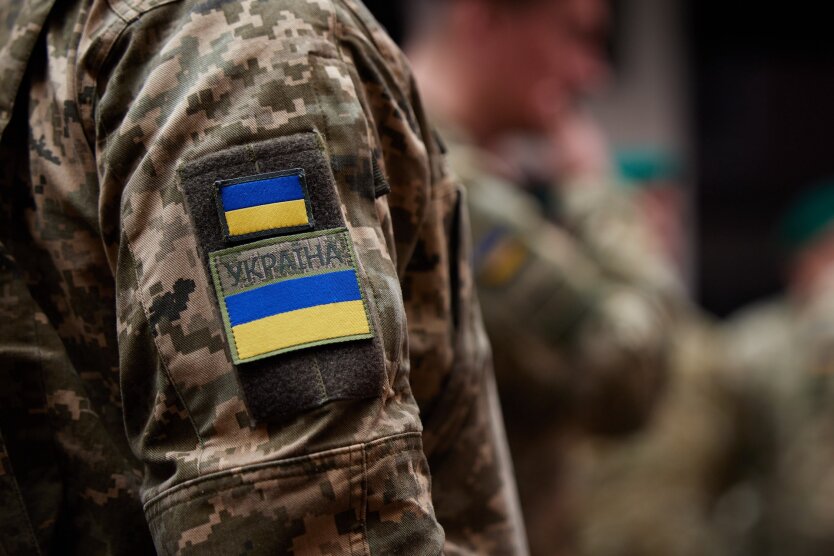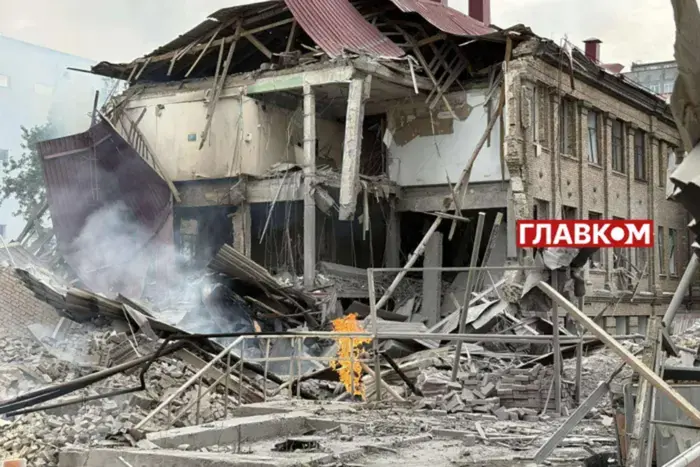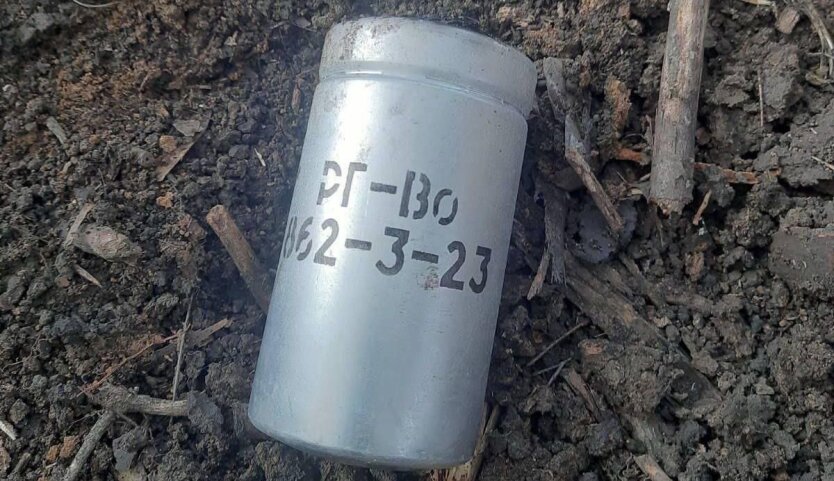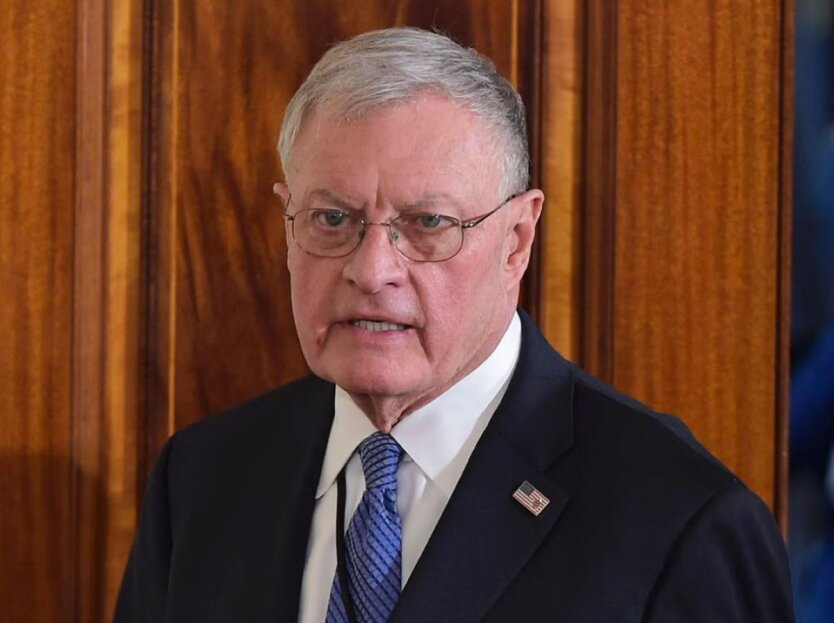Foreign Affairs: The Economy Remains the Main Weakness of the Putin Regime.

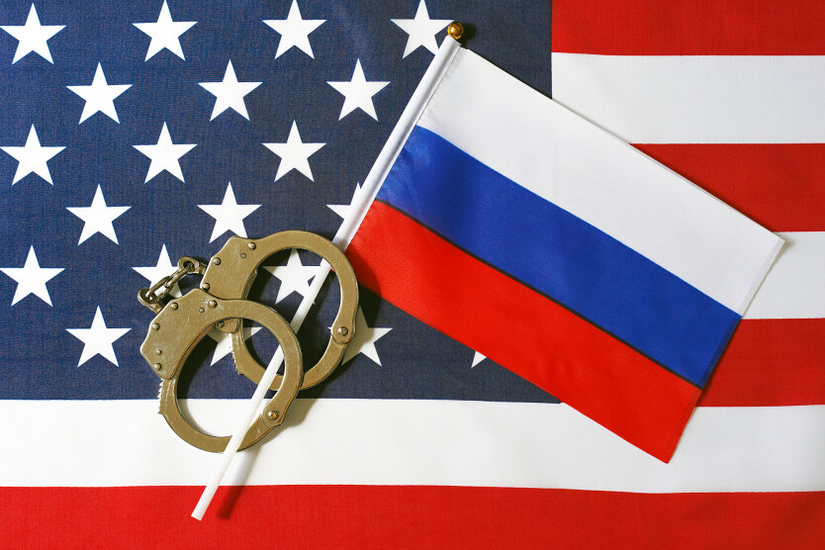
The Russian Economy – The Main Vulnerability of Putin's Regime in the War with Ukraine
According to scholars Theodor Banzel and Olena Rybakova, the Russian economy, despite growth, is the greatest weakness of Putin's regime that could influence forced negotiations with Moscow. Their conclusions were published by the influential magazine Foreign Affairs.
Analysts emphasize the problems hidden behind the facade of a 3.6% growth in Russia's GDP. One such problem is high inflation, which exceeded 8% and led to a rise in the key interest rate to 20% by the central bank. The significant depreciation of the ruble over the past two years is also an illustration of the problem.
The lack of labor has become a critical factor for the Russian economy. The unemployment rate has fallen to 2%, leading to a significant nominal wage increase of 17%. Meanwhile, the influx of hard currency has decreased from 34 billion dollars in March 2022 to 2 billion in September 2024.
Large defense expenditures are significantly burdening the Russian economy. In 2025, an increase in the defense budget by 25% is planned, reaching over 6% of GDP, which is double the military expenditures of the USA. Such extraordinary military spending was unexpected, as just last year Moscow planned to reduce defense expenditures by 21% for 2025.
Experts identify two main areas to increase sanctions pressure on Russia: the energy sector, which brings in a third of the country's revenue, and dependence on Western technologies, particularly military ones. Research shows that 95% of foreign components in Russian weapons have Western origins, with 72% of them being American.
Analysts propose specific measures to increase economic pressure, including expanding sanctions against the Russian tanker fleet and reducing the price of Russian oil from the current 60-70 to 40-50 dollars per barrel. It is also recommended to strengthen control over the export of dual-use technologies and to activate work on frozen Russian assets.
According to Foreign Affairs, it is economic pressure that is the least risky way to force Russia into serious negotiations regarding Ukraine. Without such pressure, Moscow will have no incentive to reach constructive agreements in 2025.
Read also
- Putin explained why he killed dozens of peaceful people in Kyiv on June 17
- Inventors in the Armed Forces of Ukraine to Receive Money: The Ministry of Defense Will Introduce a Reward System
- The EU has finalized the dates for approving a new sanctions package against Russia
- The Russian Federation scaled up the production of Shaheds. A military expert explained how Ukraine can protect itself
- The Defense Forces explained why the enemy uses chemical weapons
- Kellogg Seeks Key to Peace in Ukraine with Lukashenko: Trump's Man to Visit Belarus

